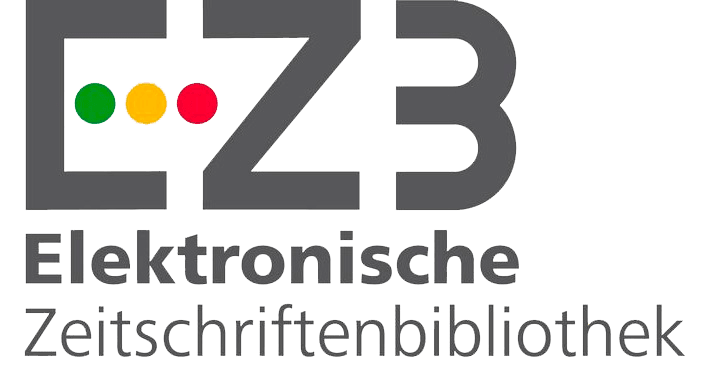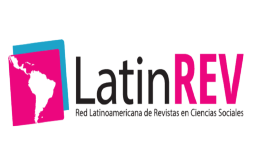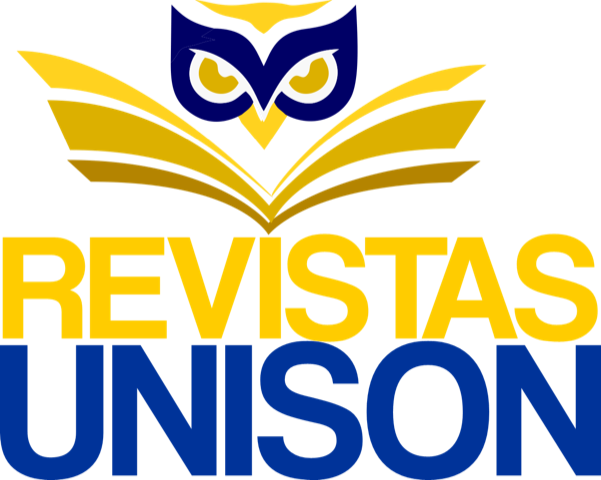Handling emotions, strategic skill in disruptive leadership
DOI:
https://doi.org/10.52906/ind.v1i1.5Keywords:
Emotional intelligence, Disruptive, LeadershipAbstract
This work addresses own emotions and those of others, by business leaders from the city of Hermosillo, Sonora. The objective is to know the level of development of these skills, considering their relevance in the practice of leadership, characterized by a stellar empathy between leader and followers, which facilitates the implementation of innovation strategies in these times of COVID-19 , based on two hypotheses H1. Leaders have a higher level of perception and understanding of their emotions than of perception and understanding of the emotions of others. H2. Leaders have a higher level of self-regulation of their emotions than of the regulation of the emotions of others. The Rotterdam Emotional Intelligence Scale was used as an evaluation instrument, which measures Emotional Intelligence focused on oneself and on others. The results obtained support the hypotheses of a higher level of self-knowledge and self-regulation than those of the others. With these results, it is presented as a conclusion that there is a need for the development of the primary skills of Emotional Intelligence, aimed at achieving disruptive leadership.
Downloads
References
Cánepa, P. (2016) La cuarta revolución industrial y el trabajo. Consultado en: https://semanaeconomica.com/dialogos-de-carrera/2016/02/25/la-cuarta-revolucion-industrial-y-el-trabajo/
COPARMEX (2018). Conferencia sobre Habilidades directivas.
Diez, F., S. & Sánchez, C.E. (2017). Influencia de la personalidad y la inteligencia emocional en los estilos de liderazgo. Revista Empresarial, ICE-FEE-UCSG. Edición No. 43 Vol. 11 – No. 3 – Págs. 22-27.
Duque C., J.L. (2012). Emociones e Inteligencia emocional. Una aproximación a su pertinencia y surgimiento en las organizaciones. Libre Empresa, Vo.9, No. 2. Universidad Libre Cali.
Duque C., J.L, García S., M. & Hurtado A., A. (2017). Influencia de la inteligencia emocional sobre las competencias laborales: un estudio empírico con empleados del nivel administrativo. Estudios Gerenciales No.33, 250–260. DOI: https://doi.org/10.1016/j.estger.2017.06.005
Foro empresarial (2018). Tema: Perfil del egresado de un Posgrado en Administración.
Goleman, D. (2006). Emotional intelligence. New York, NY: Bantam Books.
Malik, S.Z. & Sharid, S. (2016). Effect of Emotional Intelligence on Academic Performance among Business Students in Pakistán. Bulletin of Education and Research, Vol. 38, No. 1 pp. 197-208
Keri A. Pekaar, Arnold B. Bakker, Dimitrivan der Linden & Marise Ph. Born. (2018). Self-and other-focused emotional intelligence: Development and validation of the Rotterdam Emotional Intelligence Scale (REIS). Personality and Individual Differences. DOI: https://doi.org/10.1037/t66601-000
Neila, R., Wagstaffb, C.R.D., Wellerc, E. & Lewis, R. (2016). Leader Behaviour, Emotional Intelligence, and Team Performance at a UK Government Executive Agency During Organizational Change. Journal of Change Management. Vol. 16, No. 2, 97–122 DOI: https://doi.org/10.1080/14697017.2015.1134624
Ortega Goodspeed, T. (2016). Desenredando la conversación sobre habilidades blandas. El Diálogo: Liderazgo para las Américas.
Rivera P., D.A., Berbesi C., Y.M. &, León, R., (2018). Georreferenciación y su influencia en el Liderazgo Organizacional: Una mirada desde el desarrollo de las habilidades directivas. Revista Espacios, Vol. 39, No. 34.
Serradell L., E. (2018). Management disruptivo. En búsqueda de “The Next Big Thing”. Adaptación de la ponencia presentada en el Congreso Internacional Conference of Research in Business and Management ICR & BM, Arequipa, Perú, 2018.
Shekhawat, S.& Bakilapadavu, G. (2017). Teaching Soft Skills to Engineering Students: A Case Study of BITS, Pilani. The IUP Journal of Soft Skills, Vol. XI, No. 1.
Subbu Nisha M. & V. Rajasekaran (2018). Employability Skills: A Review. The IUP Journal of Soft Skills, Vol. 12, No. 1.
Tito Maya, M.D. (2016). Desarrollo de soft skills una alternativa a la escasez de talento humano. INNOVA Research Journal, 2016, Vol 1, No. 12, pp. 59-76. DOI: https://doi.org/10.33890/innova.v1.n12.2016.81
World Economic Forum (2016). Global Challenge Insight Report: The Future of Jobs Employment, Skills and Workforce Strategy for the Fourth Industrial Revolution. Puede verse en: http://www3.weforum.org/docs/WEF_Future_of_Jobs.pdf
Downloads
Published
How to Cite
Issue
Section
License
Autoría Anónima
- Los envíos no deben aparecer en ninguna página web o cualquier otro sitio visible para evitar que afecte a la revisión por pares. Si su artículo aparece en alguna web, por favor, retírelo antes de subir su envío.
- Los envíos iniciales deben omitir cualquier tipo de información que permita la identificación del autor/es para garantizar la revisión ciega por pares.













